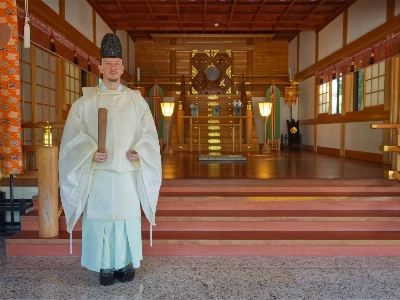The end of the high-growth period and of the go-go bubble years has brought both new opportunities and great uncertainty as the old social system based on lifetime employment crumbles and even the outlines of its successor system remain hazy. Such uncertainty no doubt played a role in propelling novelist Ryu Murakami's occupational guide "13 Sai no Hello Work" to best-sellerdom recently.
Murakami's new book "Jinsei ni Okeru Seikosha no Teigi to Joken (The Definition and Conditions of Being a Success in Life)" looks at the changing nature of success in interviews with architect Tadao Ando, scientist Susumu Tonegawa, CEO Carlos Ghosn, Professor Kuniko Inoguchi, and soccer player Hidetoshi Nakata.
Murakami notes that the effective end of lifetime employment might be forcing changes in values, but that language and concepts lag behind. So people may, for example, be slow to change their negative view of risk or to notice the hollowing out of futsu (typical) or seikosha (successful person): There is no longer a "typical high-school girl" or "typical salaryman"; no longer a sure path to being a "success," or even agreement as to exactly what constitutes success in life.


















With your current subscription plan you can comment on stories. However, before writing your first comment, please create a display name in the Profile section of your subscriber account page.